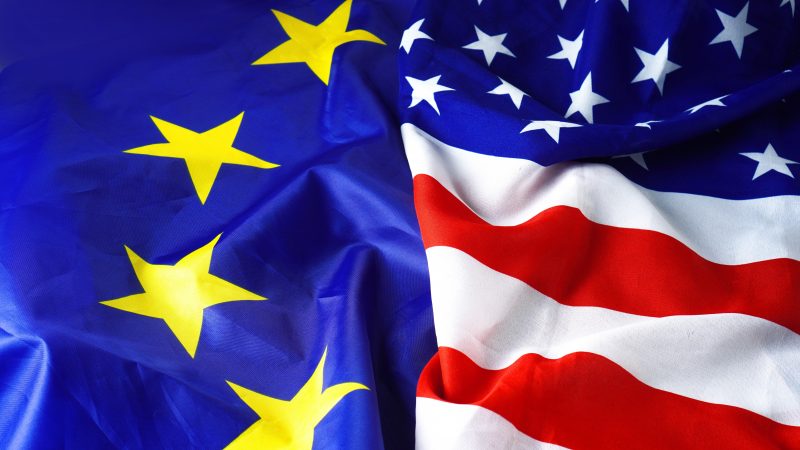US President Joe Biden has made a presidential proclamation formalising the tariff-rate quota agreement on steel imports from the European Union.
Through the end of 2023, 3.3 million tonnes of steel products will be allowed to enter the US from the EU tariff-free. Any shipments above this quantity will be subject to the 232 tariffs originally imposed in 2018 by then-President Donald Trump and maintained by the current administration.
President Biden was careful to maintain that all subject steel imports must be melted and poured in an EU member country to receive the duty-free treatment, Kallanish notes.
Additionally, all exclusions that were granted in fiscal 2021 (1 October, 2020, to 30 September, 2021) by the US Department of Commerce allowing EU steel products to enter the US duty-free will be renewed for another two calendar years.
The US and EU have agreed to expand trade remedy coordination and to address non-market excess capacity, setting a deadline of 31 October, 2023, to conclude steel and aluminium negotiations between the two regions.
President Biden, citing “national security interests,” also determined that it would not be necessary or appropriate to remove the current 10-25% tariffs on steel products from other countries at this time.
The American Iron and Steel Institute, which represents the interests of the domestic steel industry, responded favourably to the proclamation.
“We are particularly gratified that the president’s proclamation emphasises that only steel melted and poured in the EU will benefit from this alternative arrangement,” AISI president and ceo Kevin Dempsey says in a statement. “Proper implementation and enforcement of the tariff-rate quota will be crucial to preventing another steel import surge that would undermine our industry and destroy good paying American jobs…We also welcome the president’s direction to the Secretary of ommerce to initiate a regulatory review of the section 232 exclusions process that will include a focus on enhanced consultations with US companies and labor organisations.”
Laura Miller USA






